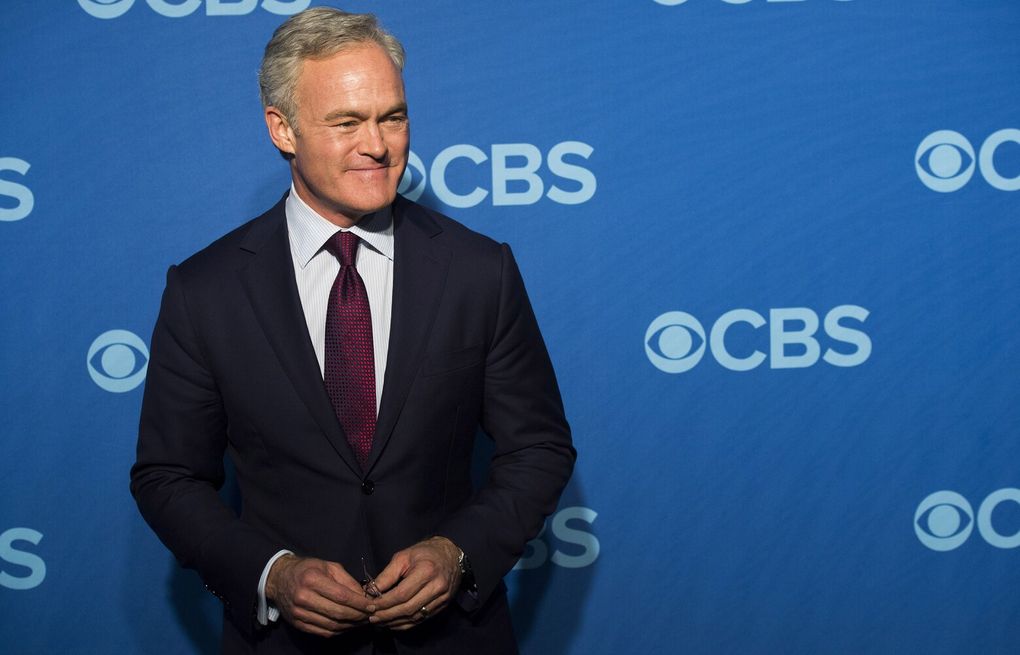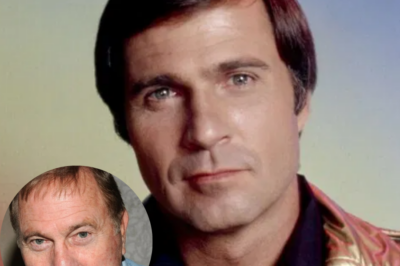SHOCKING ON-AIR BLAST! ’60 Minutes’ Star Scott Pelley SLAMS Paramount in Explosive Final Moments—Must-See TV!
On Sunday night, television history was made—not through a breaking news story, but during the closing moments of the legendary CBS program “60 Minutes.”
In an extraordinary and unprecedented move, Scott Pelley, one of the show’s most esteemed journalists, directly criticized the program’s parent company, Paramount Global, on live television.
This public rebuke came at the end of the first episode since the announcement that the show’s long-serving executive producer would be stepping down—a development that had already sent shockwaves through the media industry.

Pelley’s words were measured, yet powerful, delivered with the gravitas that has defined his decades-long career in journalism.
In a media landscape where internal disputes are typically kept behind closed doors, his decision to address the internal turmoil at “60 Minutes” and its parent company in front of millions of viewers was nothing short of remarkable.
The moment instantly became a focal point for conversations about corporate influence, journalistic integrity, and the future of investigative reporting in America.
As the credits rolled on that Sunday night broadcast, viewers and industry insiders alike were left with a sense that something significant had just transpired.
Not only was this a rare instance of a journalist holding their own employer to account on national television, but it also highlighted the intense pressures facing even the most storied news organizations in an era of rapid change and corporate consolidation.
This article examines the full context and implications of Scott Pelley’s on-air rebuke, exploring the history and legacy of “60 Minutes,” the circumstances leading up to the executive producer’s resignation, the reactions from the media world and the public, and what this moment means for the future of American journalism.
2. Background: The Legacy of “60 Minutes”

To fully grasp the magnitude of Scott Pelley’s on-air criticism, it is essential to understand the unique place “60 Minutes” occupies in the American media landscape.
Since its debut in 1968, “60 Minutes” has set the gold standard for investigative journalism and long-form news reporting on television.
Created by Don Hewitt, the show pioneered a format that combined hard-hitting investigative pieces, in-depth interviews, and human-interest stories, all delivered with a sense of urgency and professionalism that quickly made it a staple of Sunday night viewing.
Over the decades, “60 Minutes” has become synonymous with journalistic excellence.
The program has won more Emmy Awards than any other primetime broadcast in history and has been honored with a host of Peabody Awards, duPont-Columbia Awards, and other prestigious accolades.
Its correspondents—icons like Mike Wallace, Morley Safer, Ed Bradley, Lesley Stahl, and, of course, Scott Pelley—have become household names, known for their relentless pursuit of truth and their willingness to ask tough questions of the powerful.
What sets “60 Minutes” apart is its unwavering commitment to investigative reporting.
The show has broken countless stories of national and international significance, from exposing corporate fraud and government corruption to shining a light on social injustices and human rights abuses.

Its segments have sparked congressional hearings, led to criminal investigations, and, in some cases, changed the course of history.
The program’s success is also rooted in its editorial independence. For much of its history, “60 Minutes” operated with a remarkable degree of autonomy from its corporate parent, CBS.
This independence allowed its journalists to pursue stories without fear or favor, even when those stories made powerful institutions—including CBS itself—uncomfortable.
The show’s producers and correspondents have long prided themselves on putting the public interest above corporate interests, a principle that has earned them both respect and, at times, controversy.
However, in recent years, the media landscape has undergone dramatic changes.
The rise of digital platforms, the decline of traditional advertising revenue, and the consolidation of media companies have all put new pressures on news organizations.
CBS, once an independent titan of broadcasting, is now part of Paramount Global, a sprawling conglomerate with interests in entertainment, streaming, and beyond.

As corporate priorities have shifted, concerns have grown about the potential erosion of editorial independence at legacy news programs like “60 Minutes.”
It is against this backdrop that the recent turmoil at “60 Minutes” must be understood.
The resignation of the executive producer and Scott Pelley’s subsequent on-air rebuke are not just isolated incidents—they are emblematic of broader struggles within the industry over the future of journalism, the role of corporate ownership, and the preservation of the values that have made “60 Minutes” a beacon of truth for more than half a century.
News
Breaking News: Boxing Legend Terence Crawford Announces Retirement at Age 38 – A Career Retrospective and What’s Next for the Future of Boxing
Breaking News: Boxing Legend Terence Crawford Announces Retirement at Age 38 – A Career Retrospective and What’s Next for the…
Legendary Actor Gil Gerard Passes Away at 82 After Battling Cancer: A Reflection on His Iconic Role as Buck Rogers and His Impact on Science Fiction Television
Legendary Actor Gil Gerard Passes Away at 82 After Battling Cancer: A Reflection on His Iconic Role as Buck Rogers…
Jordan Clarkson Crowned 2025 Emirates NBA Cup Champion: A Historic Victory in Basketball
Jordan Clarkson Crowned 2025 Emirates NBA Cup Champion: A Historic Victory in Basketball In an electrifying culmination of the 2025…
Brandon Sklenar Steals the Spotlight with Rare Red Carpet Appearance alongside Longtime Girlfriend Courtney Salviolo at Los Angeles Premiere of “The Housemaid”
Brandon Sklenar Steals the Spotlight with Rare Red Carpet Appearance alongside Longtime Girlfriend Courtney Salviolo at Los Angeles Premiere of…
The Shocking Transformation of Ryan Seacrest: Unveiling the Truth Behind His Dramatic Weight Loss
The Shocking Transformation of Ryan Seacrest: Unveiling the Truth Behind His Dramatic Weight Loss In the world of entertainment and…
The Spartan secret is out. Gerard Butler just exposed the hidden truth in ‘300’ that changes EVERYTHING we thought we knew. This changes the movie forever.
The Spartan secret is out. Gerard Butler just exposed the hidden truth in ‘300’ that changes EVERYTHING we thought we…
End of content
No more pages to load












